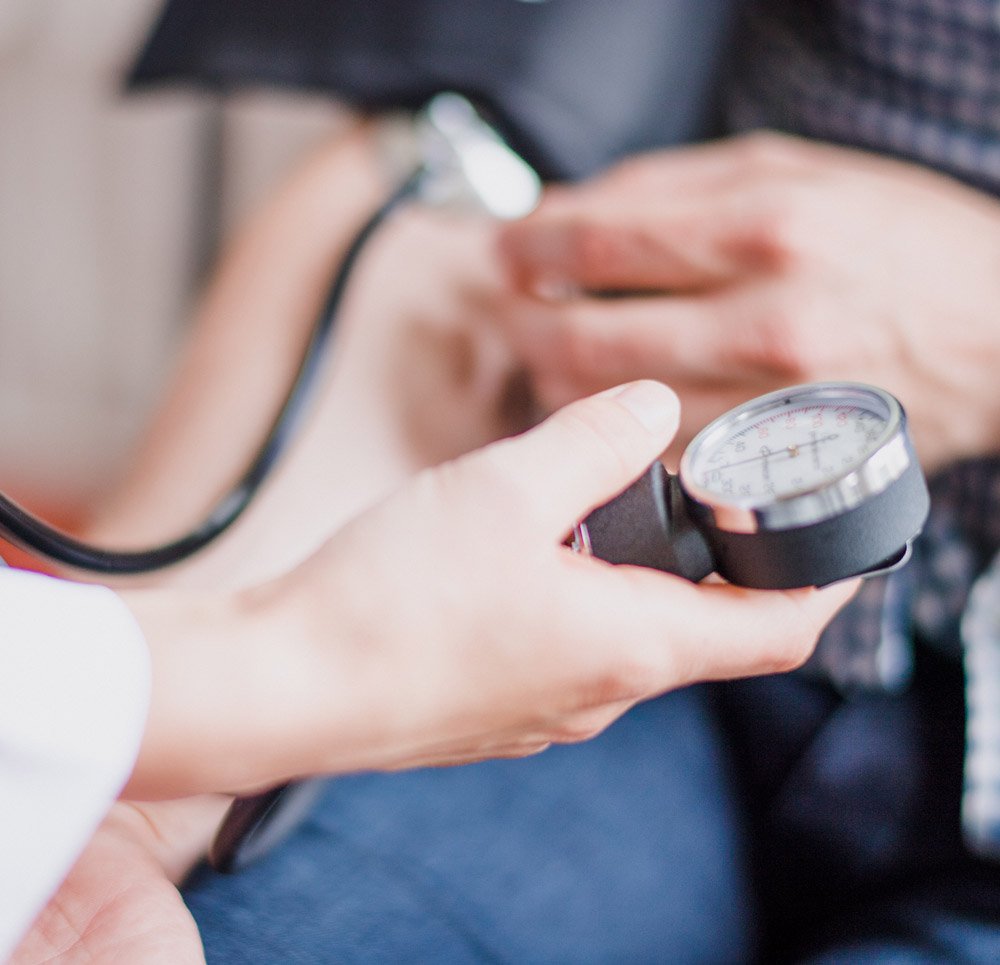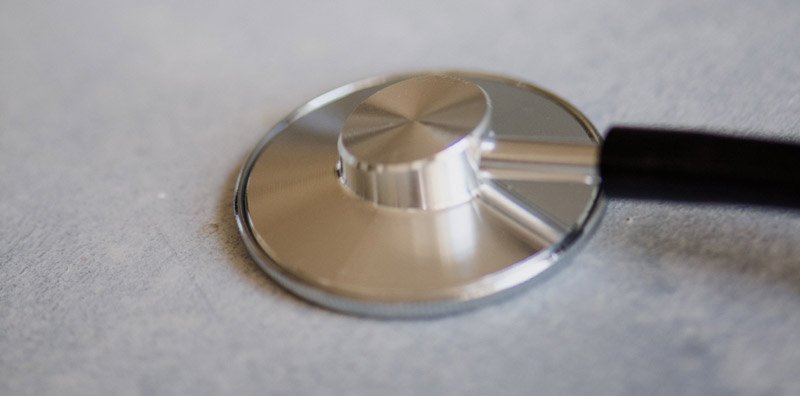Personalized Treatment Plans
Emergency Number- 1(868)-497-4357(HELP)
Discover the heart within with Bajrangee Cardiology’s advanced diagnostic procedures. Our commitment to accurate heart health assessment guides every step of our diagnostic journey.
Collaborative Approach
Your journey towards heart health begins with collaboration. Our expert cardiologists work closely with you to understand your health goals, lifestyle, and concerns. Together, we create a treatment plan that suits you best.
Holistic Well-Being
Our treatment plans extend beyond medical interventions. We address your heart health in the context of your overall well-being. Lifestyle recommendations, emotional support, and patient education are integral parts of our approach.
Empowering You
Our aim is to empower you with the tools and strategies you need to take charge of your heart health. Your journey towards better heart health starts with a treatment plan that truly reflects your needs.
Our Cardiac Services
What is a stress echocardiogram (echo)?
An echocardiogram (echo) is a scan that uses ultrasound (sound waves) to produce pictures of the heart. The scan is painless and does not use radioactivity.
During a stress echo we scan your heart before and after the heart rate is raised. This helps to find the cause of the symptoms you experience during physical stress or exercise. We will either perform the test using exercise to raise your heart rate, or we will give you some medication, such as dobutamine, through an injection in your arm.
Dobutamine increases activity in the heart muscles, making your heart beat harder and faster, like when you exercise. The doctor will choose the most appropriate test for you on the day. The decision is not based on your ability to exercise but rather which test is the most likely to give the doctor the best information related to your condition.
Why do I need this test?
A stress echo helps your doctor understand how your heart copes when it is made to work harder, such as during exercise. It can help to see if symptoms are due to underlying heart disease (such as angina or breathlessness) or assess the severity of established heart disease.
How is the test carried out?
You will be asked to remove your clothes from the waist up, put on a hospital gown and leave it open at the front. We attach special stickers (electrodes) to your chest so that we can monitor your heart.
The stickers are connected to the echo machine by thin wires.
You will lie on a couch on your left side. A doctor and a physiologist are with you when you have the scan. We take the first echo, called a resting echo while you are on the couch. We then take the second echo when your heart rate is increasing. Your heart rate is monitored during the entire test.
A stress echo takes about 45-60 minutes to complete.
The test takes place in a room that is darker than usual so we can see the scan pictures on the screen better.
If you have the dobutamine injection during the test:
- You may notice your heart beating harder and faster, like when you are exercising. You may feel warm.
- We stop the injection once your heart is working hard enough.
- We continue to monitor your heart until the effects of the medicine have disappeared. This usually takes only a few minutes.
- You may feel slightly sick or dizzy from the injection, but this goes away quickly after we stop the injection.
- Please let the doctor know of any other side effects, or discomfort, you experience during the test. They will take care of any side effects, if needed.
How do I prepare for the test?
- Medicine
- Unless instructed otherwise by your doctor, it is important that you stop taking any rate controlling medication such as beta-blockers (atenolol, bisoprolol, metoprolol, propranolol, nebivolol and carvedilol), calcium-channel blockers (diltiazem and verapamil), or the angina drug ivabradine, 48 hours before the test.
- These drugs prevent the stress medicine from making your heart work harder. If you continue taking these medications in the 48 hours before the test, your stress echo may need to be moved to a later date.
- If your doctor wishes you to remain on these drugs for the test, you will be informed.
- You should continue taking all your other medication as prescribed by your doctor. If you have any questions about your medication, please contact your doctor, or the echo department on 020 375 82069.
- Caffeine
- You should not have any caffeine products 24 hours before your examination as they may interfere with your test – this includes tea, coffee, green tea, cola, and energy drinks. Caffeine can also be found in both hot chocolate drinks and chocolate bars.
What are the risks of having the test?
All medical procedures carry some risk. It is important to remember that we would not recommend any procedure if we did not believe the benefits outweigh any risk. The risks will be different for each patient, so we will discuss the risks that apply to you in more detail before the procedure.
A stress echo is very safe, but there are some risks you need to be aware of:
- The heart may develop an abnormal rhythm in 0.1 per cent of patients (one in 1,000) having this test. This usually settles down without the need for any treatment. If treatment is needed, administration of a drug or a short electrical impulse to the relevant area restores the heart’s normal rhythm.
- A bad angina attack or heart attack may happen in less than 0.05 per cent of patients (one in 2,000) during the test.
- The medicines used may cause an allergic reaction in less than 0.01 per cent of patients (one in 10,000) during the test. If you have had allergic reactions to any medicine before, please tell your doctor before the test.
Your Health Starts Here
For more information contact us at 1(868)-497-4357
Or WhatsApp us at 1(868) 375-8155



